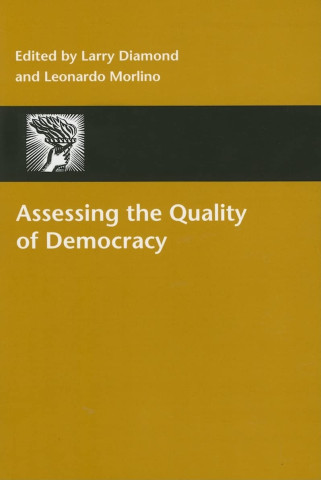
Reviews
This excellent collection of essays will be of great interest to India specialists and scholars concerned with democratic development.
This work... provide[s] an accessible and authoritative framework for debate on the country's future.
Book Details
Acknowledgements
Introduction
Part I: Politics
Chapter 1. Parties and the Party System, 1947–2006
Chapter 2. Reading the Election Results
Chapter 3. Democracy and Ethnic Conflict
Chapter 4. Caste and the
Acknowledgements
Introduction
Part I: Politics
Chapter 1. Parties and the Party System, 1947–2006
Chapter 2. Reading the Election Results
Chapter 3. Democracy and Ethnic Conflict
Chapter 4. Caste and the Rise of Marginalized Groups
Part II: The State
Chapter 5. Federalism's Success
Chapter 6. The Rise of Judicial Sovereignty
Chapter 7. Police Agencies and Coercive Power
Part III: Society
Chapter 8. The Role of Civil Society
Chapter 9. Civil Society versus Corruption
Chapter 10. Breaking News: The Media Revolution
Part IV: The Economy
Chapter 11. Economic Growth and Political Accommodation
Chapter 12. The State of the States
Index






